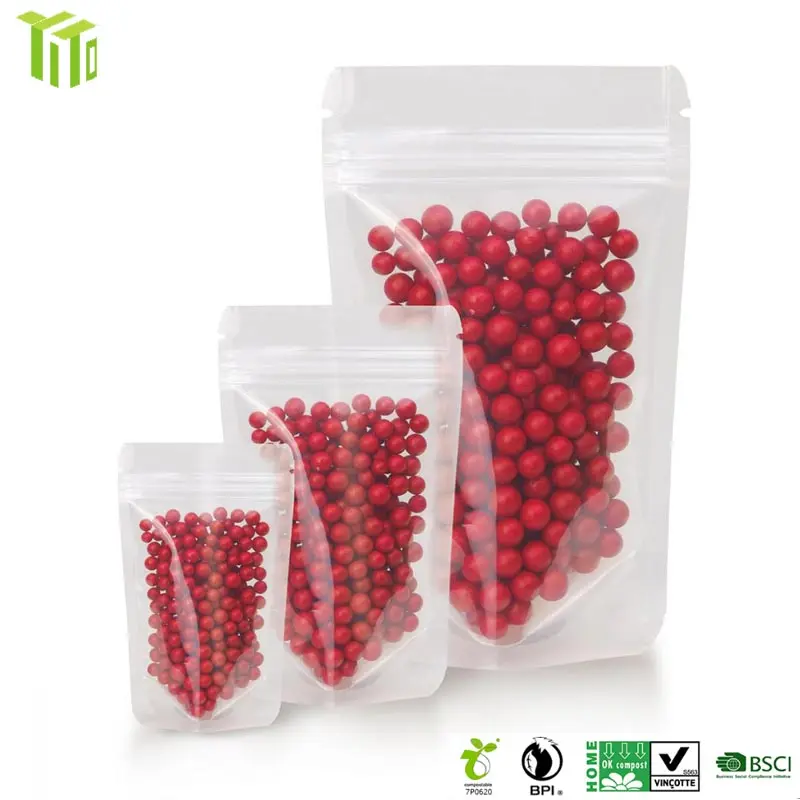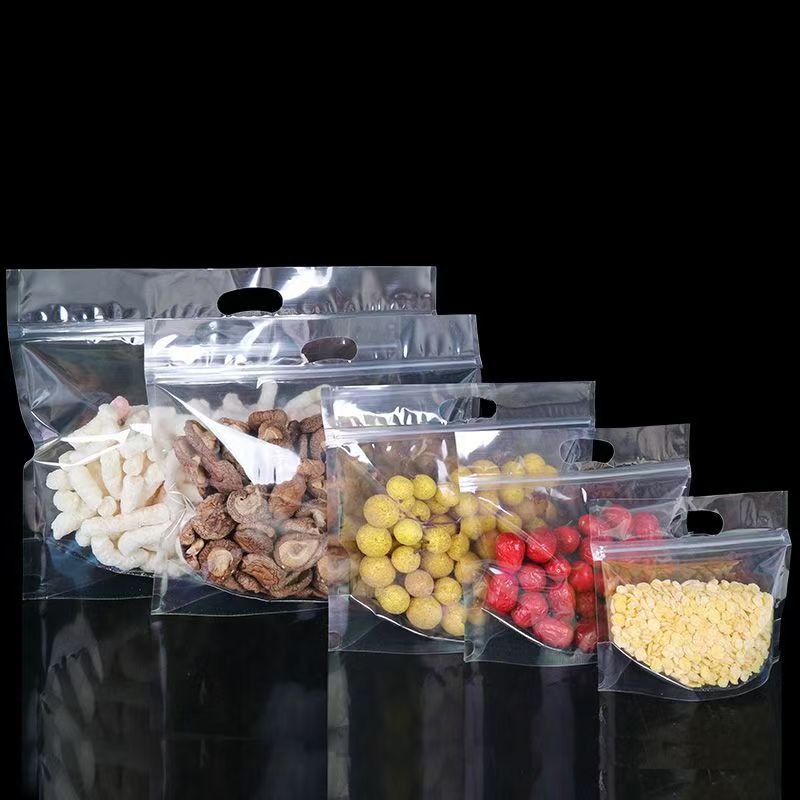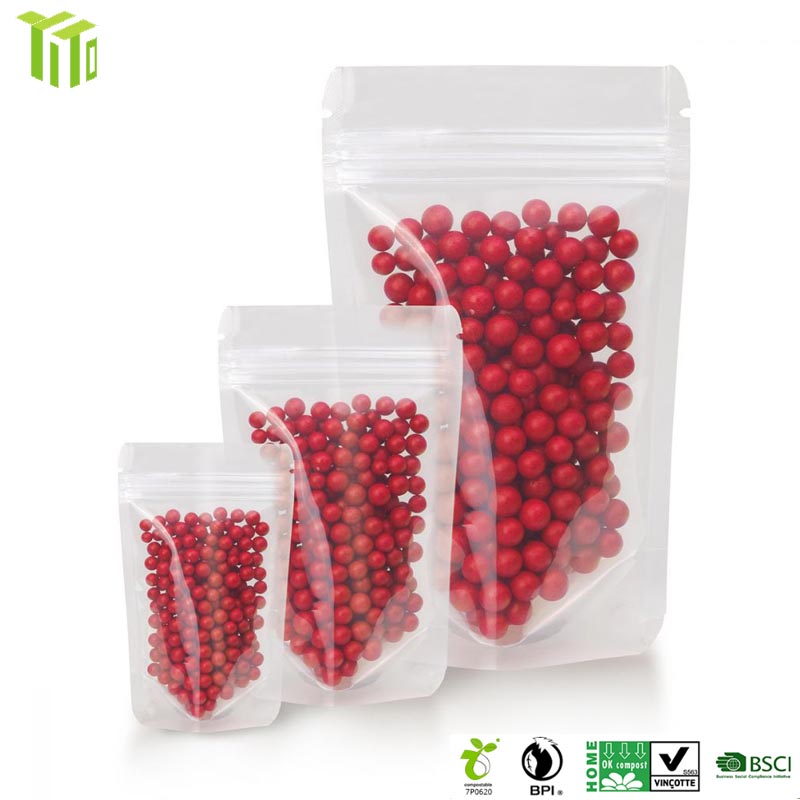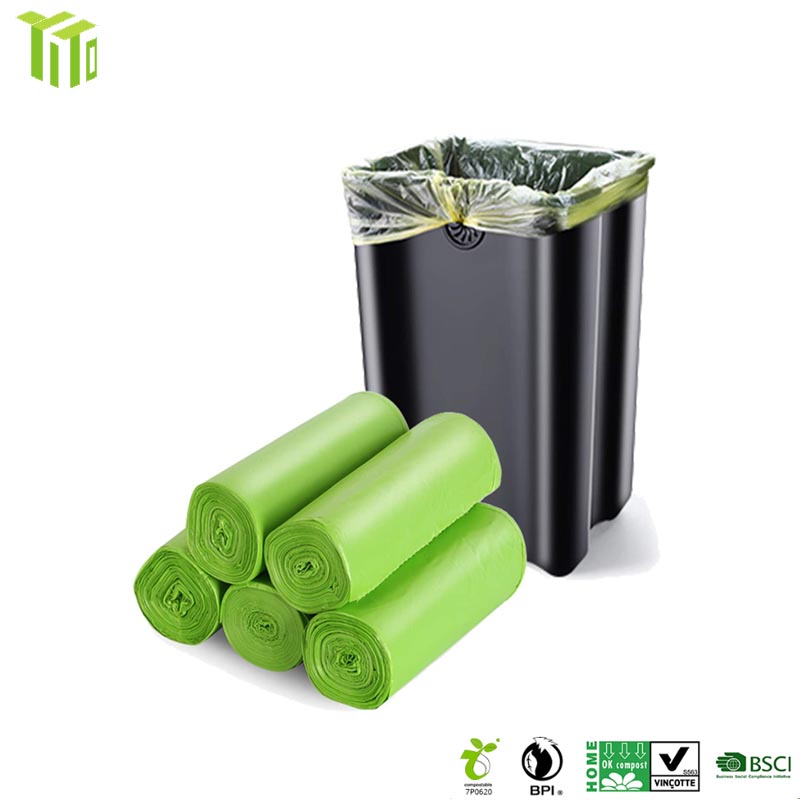In today’s environmentally conscious world, sustainability is no longer a niche concern — it’s a business imperative. For food brands in particular, packaging plays a major role in how eco-friendly their product really is. Consumers are more informed than ever and are quick to ask: Is this packaging biodegradable? Compostable? Or just recyclable?
At first glance, terms like “biodegradable” and “compostable” often sound interchangeable. However, for brands and buyers, the difference is significant. Choosing the right type of packaging can determine not only your environmental footprint but also your compliance with local waste systems, your brand reputation, and even your customer loyalty.
So what do these terms really mean, and why do so many brands — from emerging start-ups to global food giants — choose compostable packaging for their products today? Let’s break it down.
Understanding the Terms: Compostable vs Biodegradable
When you see “biodegradable” stamped on a food pouch, it means that the material can break down naturally with the help of microorganisms like bacteria or fungi. In theory, this sounds great — but there’s a catch. Everything is technically biodegradable given enough time, sometimes hundreds of years. Conventional plastic can take hundreds of years to fully decompose, and in the meantime, it may break down into harmful microplastics that pollute soil and waterways.
Biodegradable packaging, while better than traditional plastic, often lacks clear standards for how long decomposition should take or what conditions are required. As a result, many “biodegradable” products end up in landfills where oxygen is limited, drastically slowing the breakdown process. Worse yet, some so-called biodegradable plastics only degrade under industrial conditions that may not be available everywhere.
On the other hand, compostable packaging is held to stricter standards. To be labeled compostable, a product must completely break down into non-toxic components — usually carbon dioxide, water, and organic matter — within a specific time frame (often around 90-180 days) under composting conditions. Compostable materials must leave behind no toxic residue and should enrich the soil, improving its nutrient content.
There are also clear certifications for compostability, such as EN 13432 in Europe and ASTM D6400 in the US. These standards ensure that compostable food pouches actually perform as promised, giving brands and consumers more confidence.
Why Compostable Food Pouches Are the Smart Choice
So, why do more food brands turn to compostable food pouches instead of generic biodegradable ones? The answer lies in performance, sustainability, and trust.

Made from Truly Renewable Sources
Compostable pouches from suppliers like YITO Pack are crafted from bio-based materials such as PLA (Polylactic Acid), which is derived from renewable resources like corn starch or sugarcane. This significantly reduces reliance on fossil fuels compared to petroleum-based plastics.
Safe for the Earth
Unlike some biodegradable plastics that leave behind harmful residues or microplastics, properly composted pouches return organic matter to the soil. The result is a truly circular life cycle that aligns with both zero-waste goals and modern ESG standards.
High-Performance Protection
There’s a misconception that compostable means flimsy. In reality, high-quality compostable food pouches can match — and sometimes exceed — traditional plastics in terms of barrier properties. YITO’s compostable pouches, for example, offer excellent protection against moisture, oxygen, and light, helping maintain product freshness for items like coffee, tea, dried fruits, snacks, and spices.
Designed for Real-World Use
Compostable pouches can be disposed of through commercial composting facilities, which are becoming increasingly common in urban areas. Some materials are even suitable for home composting, giving eco-minded customers an easy way to minimize waste.
Authentic Certifications
When you choose a certified compostable product, you avoid the “greenwashing” trap that some brands fall into. YITO’s compostable food pouches, for example, comply with recognized certifications like EN 13432, so buyers know they’re getting the real thing.
No MOQ — Flexibility for Every Brand
For emerging brands or small businesses, minimum order quantities can be a major barrier. YITO’s compostable pouches come with no MOQ and custom printing options, making it easy for startups to switch to sustainable packaging without breaking the bank or compromising on design.
What Makes YITO’s Compostable Pouches Different?
Customization: Whether you need a glossy or matte finish, stand-up pouch or flat pouch, YITO provides fully customizable designs that align with your branding vision. High-definition custom printing ensures your brand story stands out on the shelf — all while staying eco-friendly.
Quality Materials: Using plant-based PLA and high-barrier PLA films, YITO’s pouches provide durability and shelf-life protection comparable to conventional plastic packaging.
One-Stop Solution: From design consultation to production and delivery, YITO offers a streamlined process. Their expertise ensures that your packaging not only looks great but performs perfectly in real-world conditions.
Certifications and Compliance: Each pouch is made to meet international compostability standards, giving your brand credibility and peace of mind.
Small Batch, Big Impact: With no minimum order quantities, YITO makes it possible for both big brands and boutique producers to adopt sustainable solutions at scale.

Buyer Considerations: Which Should You Choose?
Switching from conventional packaging to a more sustainable option doesn’t have to be overwhelming — but it does require a thoughtful approach.
✅ Know Your Market: Does your target customer have access to composting facilities? In many regions, municipal composting is expanding rapidly. Meanwhile, consumers who compost at home appreciate packaging that breaks down safely in their backyard pile.
✅ Product Fit: High-fat or oily foods may require specific high-barrier compostable films to maintain freshness. Make sure your supplier understands your product’s shelf-life requirements.

✅ Brand Storytelling: Today’s shoppers want authenticity. Displaying compostability certifications on your packaging and telling your sustainability story helps build trust and sets you apart from competitors.
✅ Supplier Reliability: Always partner with a supplier who provides full transparency about materials, certifications, and performance data. This ensures you’re not just buying a label but a truly sustainable solution.
Make the Sustainable Choice Today
The difference between “biodegradable” and “compostable” isn’t just semantics — it’s a real-world factor that affects your product’s end-of-life impact and your brand’s environmental credibility.
Choosing compostable food pouches ensures that your packaging truly breaks down, nourishes the earth, and aligns with the growing expectations of eco-conscious consumers. With partners like YITO Pack, your journey to sustainable packaging is easier, more affordable, and more impactful than ever.
Ready to make the switch?
Get in touch with YITO Pack today to explore compostable food pouches custom printed for your unique brand — with no minimum order quantity, fast turnaround, and total peace of mind.
Related Products
Post time: Jul-01-2025



